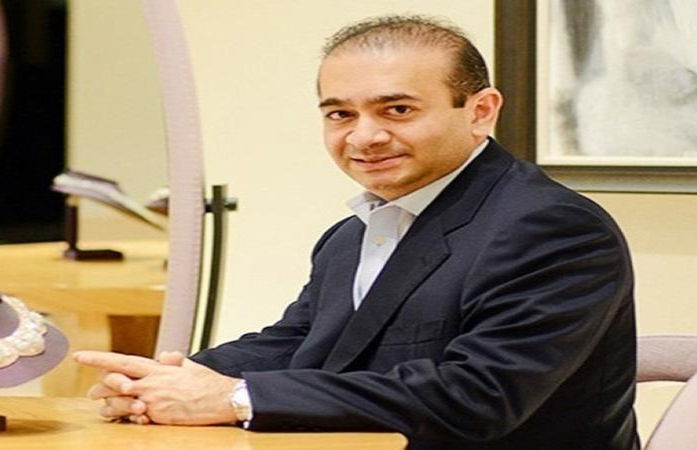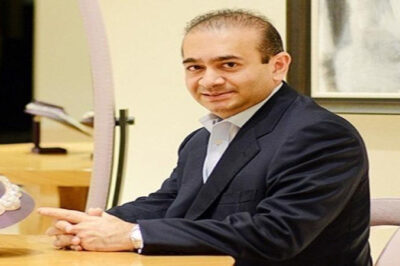
In a significant development, the UK High Court has rejected the tenth bail application of Nirav Modi, the fugitive diamond merchant at the centre of India’s largest banking fraud. Modi, who is accused of orchestrating a ₹6,498 crore (approximately $800 million) scam involving Punjab National Bank (PNB), remains in custody at Wandsworth Prison in London as legal proceedings for his extradition to India continue. The court’s decision underscores the seriousness of the charges against him and the ongoing efforts by Indian authorities to bring him to justice.
Persistent Concerns Over Flight Risk
The court’s ruling highlighted substantial grounds to believe that Modi would fail to surrender if granted bail. The prosecution presented evidence of Modi’s previous attempts to evade justice, including his flight from India in early 2018 and the possession of multiple passports and residency cards from various countries. These actions were deemed indicative of his intent to abscond and avoid facing the legal consequences of his alleged crimes.
Strong Opposition from Indian Authorities
The Central Bureau of Investigation (CBI) and the Enforcement Directorate (ED) have been actively involved in the legal proceedings, providing substantial evidence to support the extradition request. The agencies have highlighted Modi’s significant financial resources and the potential for him to flee to jurisdictions less likely to extradite him to India. The court’s decision reflects the strength of the case presented by Indian authorities and their commitment to ensuring that Modi faces trial in India.
Legal Proceedings and Extradition Efforts
Modi was arrested in London in March 2019 based on an extradition warrant issued by Indian authorities. Since then, he has exhausted several legal avenues to contest his extradition, including appeals to the UK Supreme Court. Despite these efforts, the UK courts have upheld the extradition order, and Modi remains in custody pending the final decision from the UK Secretary of State. The ongoing legal proceedings are closely monitored by both Indian and UK authorities, reflecting the high-profile nature of the case.
Implications for International Legal Cooperation
The rejection of Modi’s bail plea serves as a reminder of the importance of international legal cooperation in addressing cross-border financial crimes. The case highlights the challenges faced by authorities in apprehending and prosecuting individuals who exploit international borders to evade justice. It underscores the need for robust legal frameworks and cooperation between countries to combat financial fraud and ensure accountability.
Conclusion
The UK High Court’s decision to deny Nirav Modi’s tenth bail application marks a significant step in the ongoing efforts to hold him accountable for his alleged role in one of India’s largest banking frauds. While legal proceedings continue, the case serves as a testament to the resilience of international legal systems in pursuing justice for financial crimes. As the extradition process moves forward, it remains to be seen how the case will unfold and what implications it may have for future cross-border legal cooperation.






































Leave a Reply